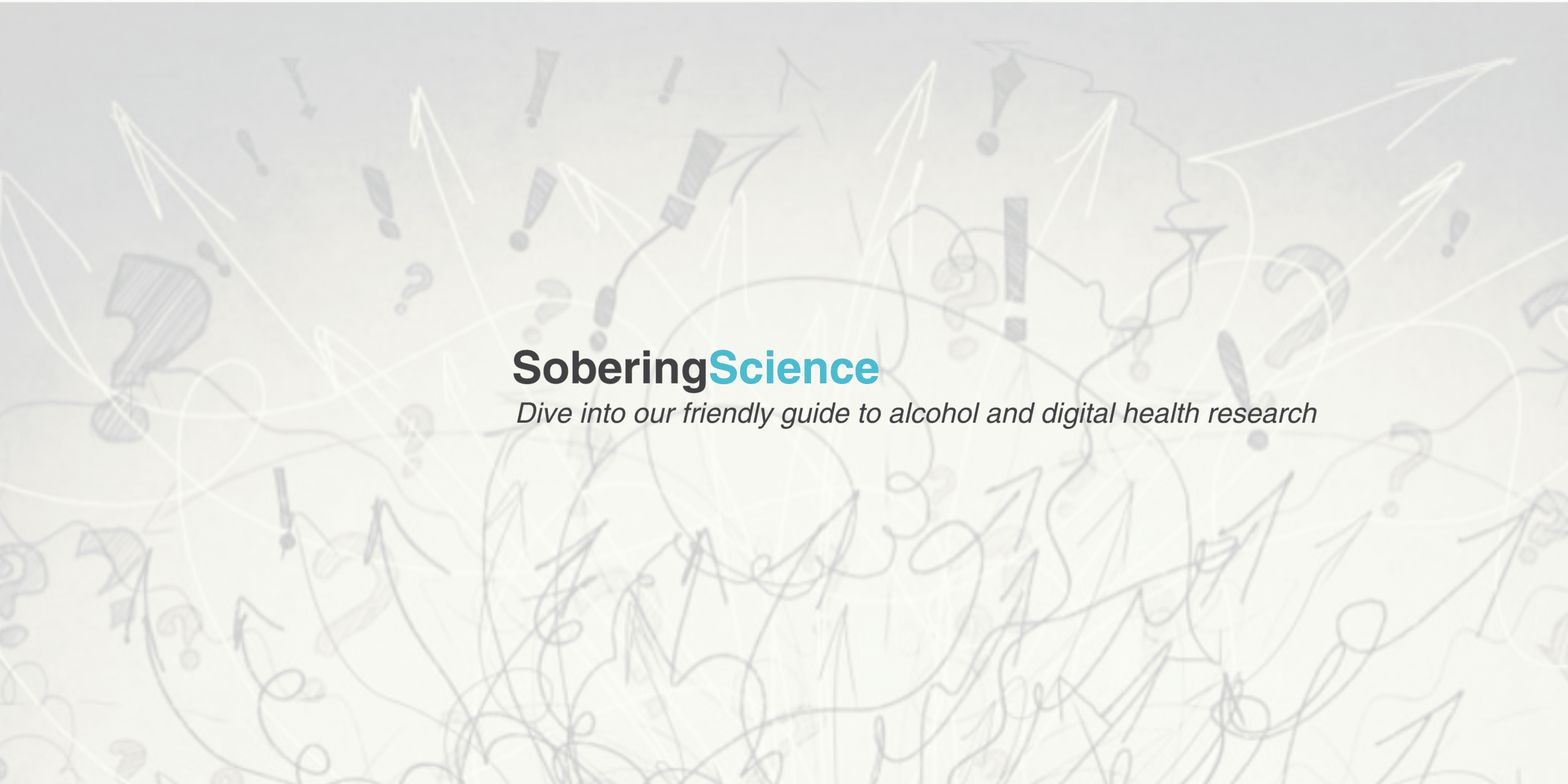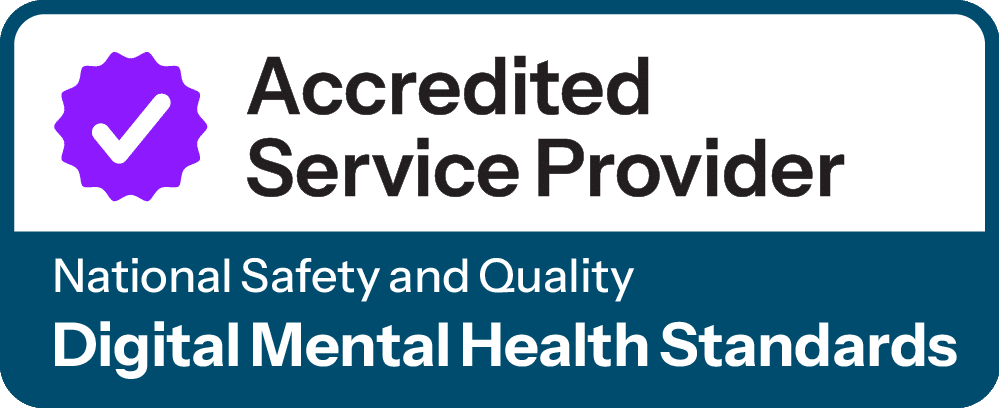
Sobering Science: What hinders or helps people maintain drinking goals?
If you or someone you know has struggled with drinking alcohol, you’re probably familiar with the challenge of staying cut down or quitting long-term. Relapse, or returning to drinking after a period of not drinking, is a common part of the journey for many (if not most) people.
But what actually influences whether someone relapses? A recent scientific review dug into this important question, analysing over 300 studies to provide a clearer picture of what helps or hurts people’s journey of change.
What was the study?
Researchers conducted a large review of 321 studies published between 2000 and 2019 to identify the most common factors linked to drinking relapse. They organised these factors according to:
- Biological (genetics, brain function, health)
- Psychological (mental health, emotions, coping skills)
- Social (relationships, support networks)
- Spiritual (sense of purpose, faith)
What were the results?
1. Biological factors
- Age: Younger people with alcohol problems were more likely to relapse.
- Health: Poor physical health (like liver disease) increased relapse risk.
- Sleep: People with sleep problems were more likely to return to drinking.
- Brain function: Differences in brain regions linked to impulse control and feelings of reward played a role.
- Genetics and family history: Some studies suggested that genetics matter, but results were mixed.
2. Psychological factors
- Mental health issues: Depression, anxiety, and other mental health issues made relapse more likely.
- Craving and severity of drinking problems: Stronger cravings and more severe alcohol problems led to higher rates of relapse.
- Emotions and stress: Negative emotions and high stress were significant relapse triggers.
- Self-efficacy: People who believed in their ability to maintain the changes they’d made to their drinking patterns had better outcomes.
- Other substance use: Smoking or using drugs like opioids increased relapse risk.
3. Social factors
- Supportive relationships: Having friends who drink little or not at all, while a stable relationship/marriage was found to help prevent relapse in a few studies.
- Heavy drinking culture: Being around others who drink heavily made maintaining change harder.
- Employment and stability: Financial security and meaningful work were protective.
4. Spiritual factors
- Sense of purpose: People who felt their life had meaning were less likely to relapse.
- Spirituality/religion: Faith or spiritual practices provided some people with the support they needed to maintain change.
Why is this important?
Understanding these factors helps in two primary ways:
- Personalised treatment – If doctors, counsellors and other professional supporters know someone struggles with poor sleep, stress and cravings they can tailor treatment to help people manage those concerns.
- Better prevention – Recognising that social circles and mental health play important roles in helping people maintain changes they’ve made to drinking, means treatment programs should help people build support networks and manage psychological symptoms.
The study also highlighted gaps, like the need for more research on positive emotions (not just negative ones) and gender differences in relapse.
In a nutshell
- Biggest relapse risks: Young age, poor physical and mental health, stress, cravings and social pressure to drink.
- Best protectors: Strong support systems, self-confidence, stable lifestyle and a sense of purpose.
If you’re supporting someone who is changing their relationship with alcohol (or navigating it yourself), this research is a reminder that relapse isn’t failure. It’s often a sign that certain needs aren’t being met. Caring for the whole person, including psychological and social needs, gives people the best shot at maintaining their long-term goals.
Our Hello Change program helps you to learn specific ways to manage uncomfortable thoughts, feelings and cravings to drink, and boosts your self-confidence along the way. Our supportive and anonymous Daybreak community will also cheer you on, every step of the way.








